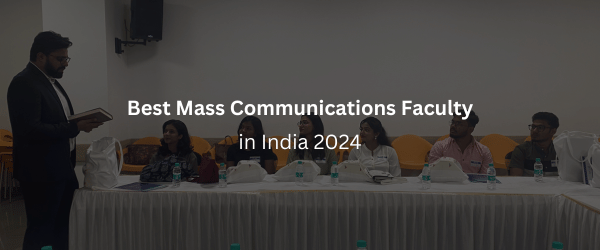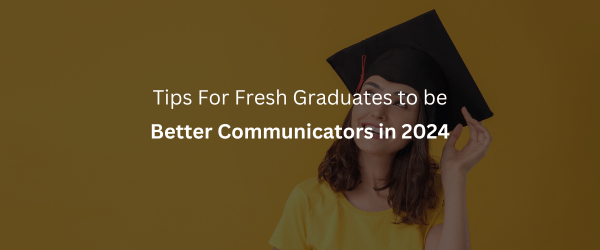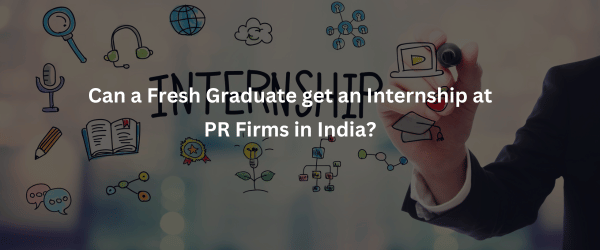The talent crisis is looming large
July 13, 2018Sports- A huge opportunity for PR
July 18, 2018Establishing a brand culture to think differently is at the top of every brand’s priority list. A brand that thinks differently will lead to innovation, and innovation leads to growth. But, thinking differently is unlike any business activity as there are no templates, rules, regulations, processes or for the matter, even measurement matrices. Innovation is borne out of an ecosystem to think different, think relevant, and think ahead; this leads to inspired choices by the brand’s consumers, partners, and society in favor of the brand. Looking at this from another perspective, inspiration fosters innovation, and an inspired environment will lead to radical brand practices, in turn leading to a to a stronger relationship amongst the brand and its community.
Brands are always in the race to inspire consumers. They try and inspire their consumers through innovative practices, initiatives, and ideas. The innovation triggers to this may differ from brand to brand, but in majority, most brand look up to contextual triggers to inspire them to innovate. But what if we include the consumer in this inspirational trigger set? What if we move the consumer from an entity to be inspired to an entity to take inspiration from?
There is huge difference of impact of moving the consumer into the set of innovation triggers. An innovation borne purely from contextual triggers will only create awareness and a possible ‘Wow!’ value to enroll the audience, but one inspired from contextual factors plus the consumer will not only enroll, but also engage the consumer and evoke an emotional connection. This will truly lead to a brand that is remembered, cherished, and looked upon by its community.
There is a constant tug of war between inspiration and innovation, and there is no distinct formula to which one comes first. It is a way of life your brand should have. Both of the aspects need to be integrated into the way your brand is and the way your brand projects itself. Both need to be tightly integrated into the brand’s vision, core, culture, and attitude. If these are integrated, the right aspect will lead naturally. The trick is to create an ecosystem where you will not have to ask the question of which aspect should come first. It just happens.
– Minal D’Rozario
 Easily the most experienced person, means that her innate organizational and strategic expertise has resulted in the strong foundation of Ideosphere. The ability to identify behavioral insights and relate their effects through communication is a skill set embodies. She believes unlearning is a true way to thriving in the field of communication.
Easily the most experienced person, means that her innate organizational and strategic expertise has resulted in the strong foundation of Ideosphere. The ability to identify behavioral insights and relate their effects through communication is a skill set embodies. She believes unlearning is a true way to thriving in the field of communication.
She can be reached on Twitter at @minalroz



